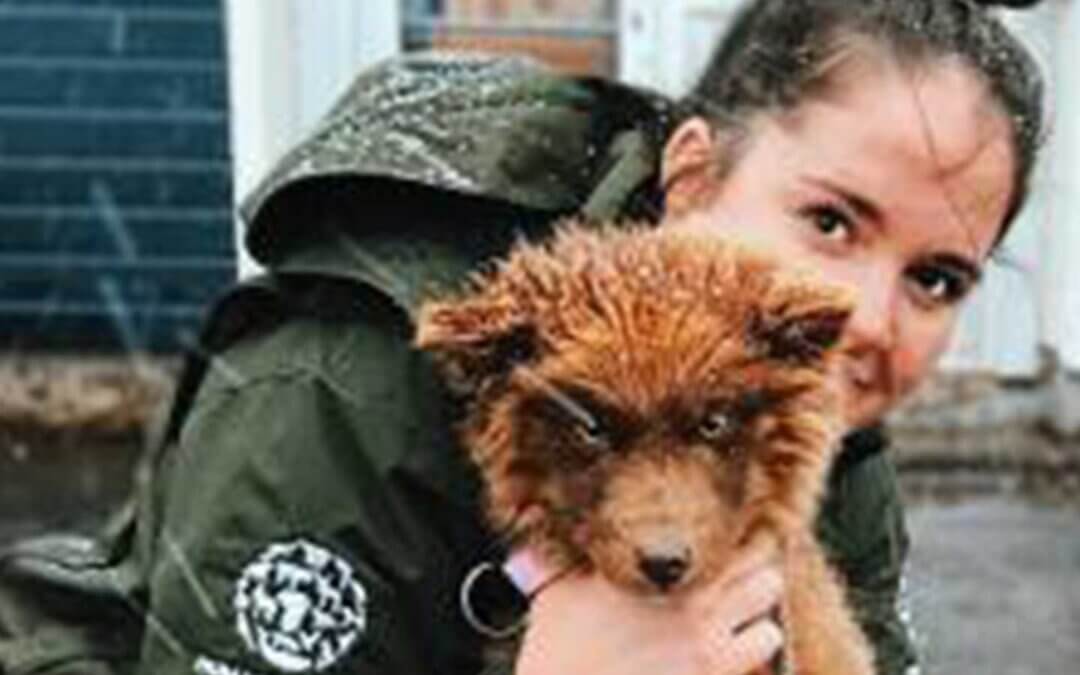MONTREAL – Friends of Humane Society International recently completed its 17th free veterinary clinic in partnership with HSI/Canada and Chiots Nordiques (northern puppies). The veterinary response team examined, treated, sterilized and/or vaccinated 162 animals during its deployment (162 animals examined, 133 sterilizations – 128 dogs and 5 cats).
Matimekush, an Innu community located over 1,100 km north of Montreal, has struggled with street dog overpopulation for years. Many animals there suffer from malnutrition, untreated injuries, parasites and other veterinary health challenges. The free veterinary clinic, conducted at the community’s request, was designed to help manage stray and roaming dog populations while fostering improved coexistence between residents and animals.
Ewa Demianowicz, spokesperson for Friends of HSI, stated: “Helping Matimekush humanely manage its stray and wandering dog population is our primary goal, as this community is very isolated and has been struggling with animal welfare issues. Since December, every week, dogs have been flown out of the community because of urgent and serious health issues. Our operation, which focused on spaying, neutering and vaccination, will help reduce animal suffering in the long term.”
Dr. Daphnée Veilleux-Lemieux, President – Chiots Nordiques, added: “We started our mission eight years ago in Matimekush and we were excited to be back in this community where the need for veterinary services is crucial. Our team of volunteers did an amazing job at caring for hundreds of dogs over the last four days and working hard to sterilize and vaccinate 133 animals. This clinic will have tremendous impact on the welfare of the animals and people of Matimekush for years to come.”
Remote Indigenous communities in Canada commonly lack access to veterinary services, leading to overpopulation of stray and roaming dogs. HSI/Canada works with Chiots Nordiques in remote communities in Quebec to provide mass sterilization, vaccination and emergency veterinary services for such animals. Since 2013, the groups have treated over 1,000 dogs in First Nation communities.

